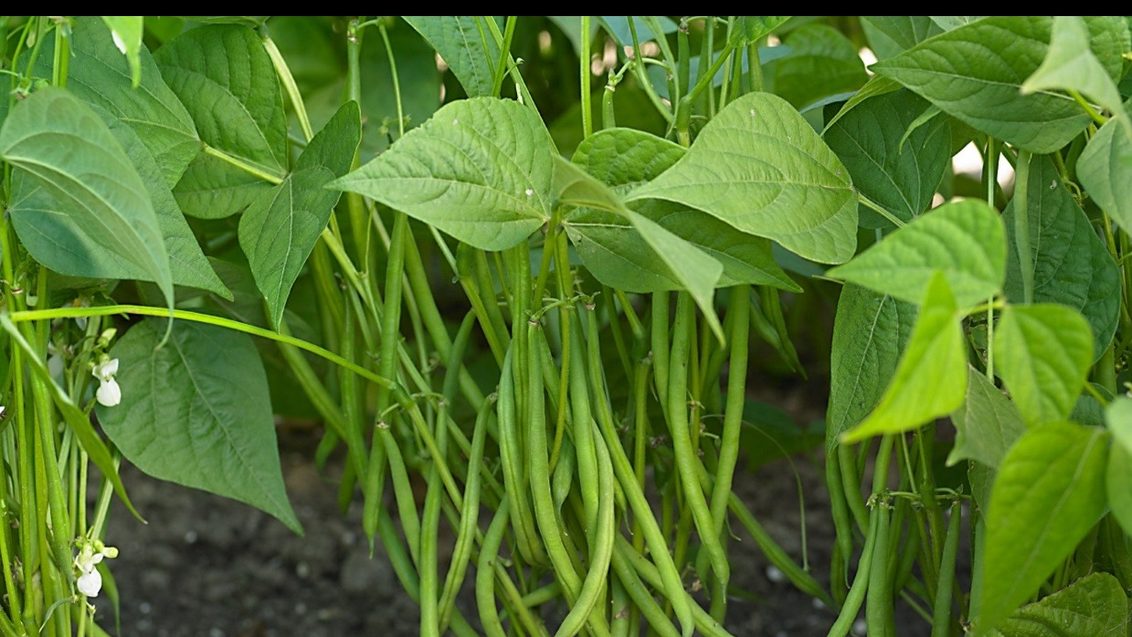
Seedcare in beans and peas
Beans and peas
Bean and peas diseases

Trial results in beans and peas
Apron® XL and Wakil® XL have been tested for crop safety and efficacy against the most important seed and soil-borne fungi.


Apron® XL and Wakil® XL have been tested for crop safety and efficacy against the most important seed and soil-borne fungi.